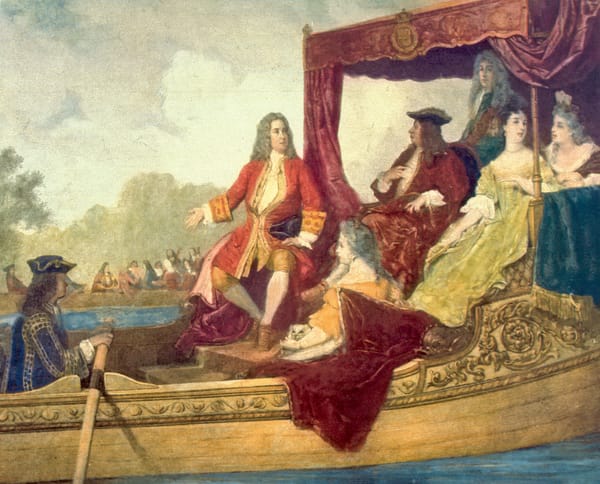Movement through Music: Building Bridges through Cultural Connections

Maya Azucena suddenly found herself surrounded. After playing to a packed house at a local women’s college, over a hundred members of the audience flocked to the stage, all hoping to snap a selfie with the American soul singer. Maya had spent the previous hour singing songs inspired by her experience as a survivor of domestic violence – songs that explored the depths of her pain and suffering, but that also spread messages of hope and empowerment. Through her art, she connected with these young women on an emotional level, helping them understand they have the right to stand up for themselves and feel safe in their relationships. Indeed, Maya’s lyricism did more to empower these women in one hour than any talking head could have managed – and as evidence of how moved they were, they all wanted a picture with the singer to capture the moment.
It is programs like these that form the backbone of the U.S. Embassy’s public engagement in India – programs that help to forge cultural connections and encourage dialogue on issues that are of importance in both of our countries. Whether the topic is combatting gender-based violence or finding solutions to climate change, using visual and performing arts is a tremendously effective way to start conversations and raise awareness. Even more importantly, the arts provide unique opportunities for people to discover fundamental similarities, to explore values and perspectives, and to connect on a deeper level that helps bring about greater trust and understanding.
The U.S. Embassy and the American Center, the Embassy’s public engagement hub, have played host to a number of artists over the years to help serve this aim, and we are excited to do more in the year to come. For example, on January 8 the American Center hosted “Chaar Yaar,” a group of Indian Sufi musicians who are collaborating with American counterparts to explore the intersections of our musical traditions. On January 14-15, the American Center will present “The Mathematics of Being Human,” a play written by American playwright Manil Suri and performed by the Delhi-based Atelier Repertory theater group that promotes STEM education.
And that’s just the beginning. In the coming months, the U.S. Embassy will sponsor a renowned U.S.-based muralist to participate in the New Delhi St+Art Festival with a piece on climate change and to lead workshops on using arts for social messaging; host a group of hip-hop artists to connect with young people on topics of inclusion and empowerment; and partner with the Berklee College of Music as it seeks to bring jazz music and training to young musicians in India. We also hope to find innovative ways to integrate Western classical music into our programs, and to promote collaboration between American classical musicians and their Indian counterparts.
The United States, like India, is a land of rich and diverse cultural traditions. These traditions expand beyond what you can see represented in Hollywood films or hear in mainstream pop music. Through these various programs, we hope to share a taste of the many art forms that form American culture, and show how artists like Maya Azucena are using art to address serious issues. After all, moving an audience is not just about putting out a message – you get a lot more mileage (and have more fun along the way) if you give them something to dance to.
http://newdelhi.usembassy.gov/amcenterbulletin.html




